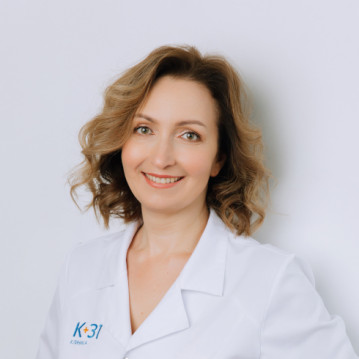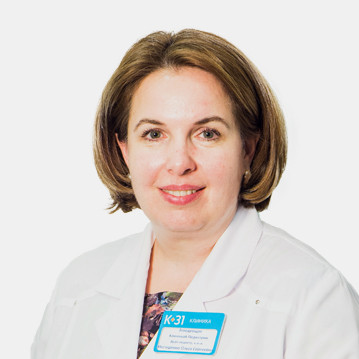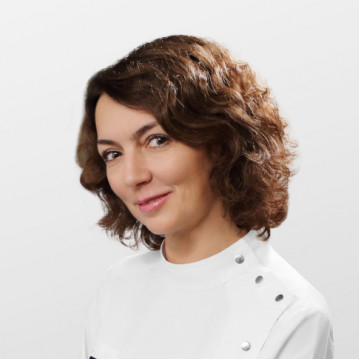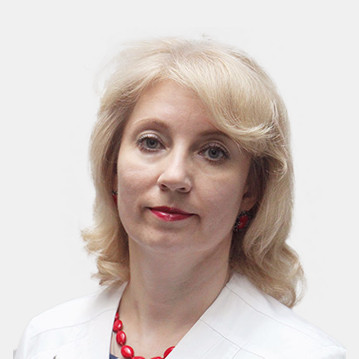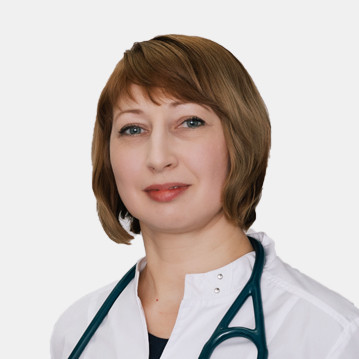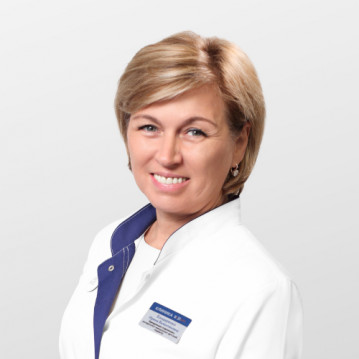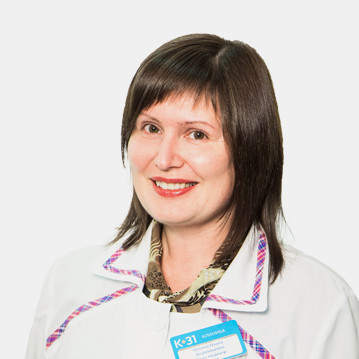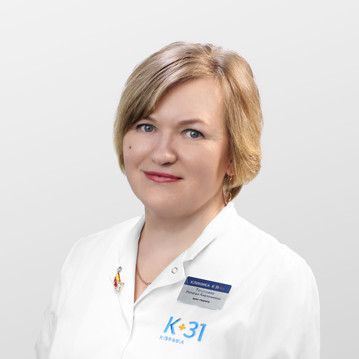Seasonal vaccination is a procedure or a set of procedures recommended by WHO for the prevention of influenza, tick-borne encephalitis and other pathologies.
A timely vaccination will protect human health from dangerous seasonal diseases due to the formation of the necessary antibodies in the human body. Immunity after influenza vaccination develops within 14-21 days (the required level of antibodies remains for 6-12 months). The effect of vaccination against encephalitis occurs after 14 days, lasts up to 3 years. Further, revaccination is required.
When is seasonal vaccination done?
The best time to get the flu vaccine is in the fall (September-November). This period precedes the seasonal rise in incidence. For vaccination against encephalitis, the optimal period is early spring (but no later than 2 weeks before the peak activity of encephalitis ticks). However, depending on the situation, you can also vaccinate between May and September.
Who is recommended and who needs to be vaccinated without fail
Vaccination against influenza or encephalitis is the best solution for young children and the elderly. These groups are considered the most susceptible to infectious and viral diseases. For these citizens, the flu shot is advisory. The procedure allows you to reduce the risk of diseases in the following cases:
- Depending on the specifics of the work for employees of banks, commercial, public and industrial enterprises.
- Employees of educational institutions (schools, kindergartens, boarding schools, etc.).
- On the initiative of the employer, if the period of work falls on the season of tick or influenza virus activity.
Also, the immunization procedure is advisable when traveling abroad on tourist vouchers. Especially when it comes to traveling to exotic countries.
In addition, according to the National Calendar of Preventive Vaccinations, immunization against influenza must be completed:
- Schoolchildren in grades 1-11.
- Students of professional educational institutions.
- Workers employed in the fields of medical, educational, transportation and utilities.
- Women in the 2-3 semester of pregnancy (flu prevention).
- Citizens over 60 years old.
- Citizens subject to conscription.
The list of compulsory vaccinations also includes people with chronic diseases of the lungs, cardiovascular system, obesity, and metabolic disorders. The procedure is also carried out among persons involved in the livestock sector, including employees of poultry farms and zoos.
